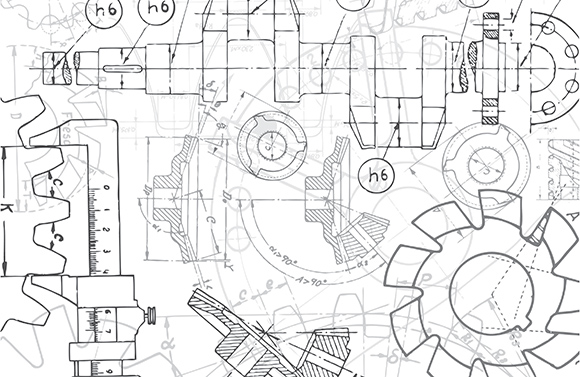Epicenter's Fostering Innovative Generations Studies (FIGS) team has launched a major longitudinal study of engineering students' interests and career goals surrounding innovation and entrepreneurship.

As more students than ever are pursuing and earning engineering bachelor’s degrees in the U.S., questions about their post-graduation pathways are increasing. Which skills have they developed? How are they applying these skills? What are their interests, passions, and goals? Are they designing—and leading—technological and social innovations? Which college experiences are associated with their confidence to innovate, their technical accomplishments, their creative breakthroughs?
To address these questions, the Epicenter Fostering Innovative Generations Studies (FIGS) team has launched a major longitudinal study of engineering students' interests and career goals surrounding innovation and entrepreneurship (I&E). This study is part of a larger set of research projects being pursued by the FIGS team, ranging from investigations of I&E programs for engineering students, to comparative analyses of engineering and business students’ entrepreneurial intent, to explorations of how I&E might be added to traditional engineering coursework.
For this study, a 35-question survey, the "Engineering Majors Survey", is being administered to over 30,000 engineering juniors and seniors across a nationally representative sample of 26 U.S. engineering schools in February-March 2015. This survey draws upon psychological theories of career choice to ask students about their "innovation self-efficacy", their expectations for the outcomes of innovative behaviors, their innovation interests, and their goals around doing innovative work in their early careers. This survey also is designed to measure a comprehensive range of undergraduate learning experiences that may influence students' beliefs about their ability to innovate, and includes measures of students' entrepreneurial activities, past, present, and future. Findings will be shared starting Summer 2015.
In early 2016, a follow-up survey will be administered to Engineering Majors Survey respondents, many of whom will have graduated by that time and entered the workforce. This longitudinal view will show how engineering students' interests and goals surrounding innovation change over time, in concert with new workplace environments and experiences. The FIGS team hopes to continue to administer follow-up surveys throughout the first ten years of respondents' careers.
When complete, this will be among the largest and most extensive studies to date of engineering students' innovation pathways, building from a nationally representative sample of engineering schools and theory-driven instrument design and analysis.
Learn more about Epicenter's research initiatives at epicenter.stanford.edu/fostering-innovative-generations-studies.


